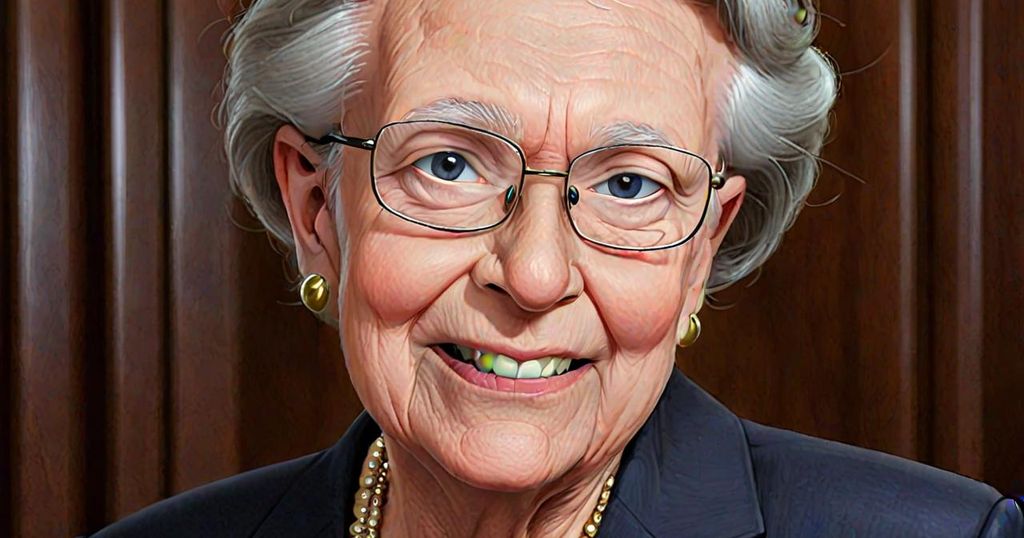The passing of Henry Kissinger, a prominent and influential figure in American history, at the age of 100 marks a significant moment for reflection. Throughout the 20th century, Kissinger played a pivotal role in shaping foreign policy, leaving behind a legacy that is marked by both admiration and criticism due to his involvement in key geopolitical events and policies.
Kissinger’s impact on history is undeniable, yet his legacy is also rife with controversies that have left an indelible mark on the world. His actions as a strategist and statesman have elicited both commendation and censure from various quarters.
During his tenure, Kissinger made decisions of profound consequence that had far-reaching effects on millions of lives. The aftermath of his policies, particularly those related to the Vietnam War and other conflicts, has been subject to intense scrutiny and debate among historians and policymakers.
In Southeast Asia, Kissinger’s decisions resulted in widespread devastation and loss of life. The clandestine bombing of Cambodia and Laos, the ousting of the democratically elected leader Salvador Allende in Chile, and his support for military dictatorships have all been the focus of vehement criticism and rebuke.
While Kissinger is lauded for his role in establishing diplomatic relations with China and advancing international diplomacy, his critics argue that his policies exacerbated humanitarian crises and conflicts in other parts of the world.
The contentious nature of his legacy invites crucial reflections on the complexities of foreign policy and the moral implications of geopolitical decisions. The ethical considerations inherent to statecraft and diplomacy, particularly in light of their ramifications on human lives, are central to the ongoing discourse surrounding Kissinger’s legacy.
As the world grapples with the reverberations of Kissinger’s policies, it is imperative to subject his role in history to a critical examination. The evaluation of his decisions and their enduring impact is pivotal to comprehending the intricacies of international relations and the ethical quandaries that underlie them.
Kissinger’s demise heralds the conclusion of an era, but his legacy persists, continuing to shape discussions on foreign policy, diplomacy, and international affairs. The controversies surrounding his actions persist in inciting dialogues about the moral and political ramifications of statecraft, diplomacy, and the exercise of power on the global stage.

Leave a Reply